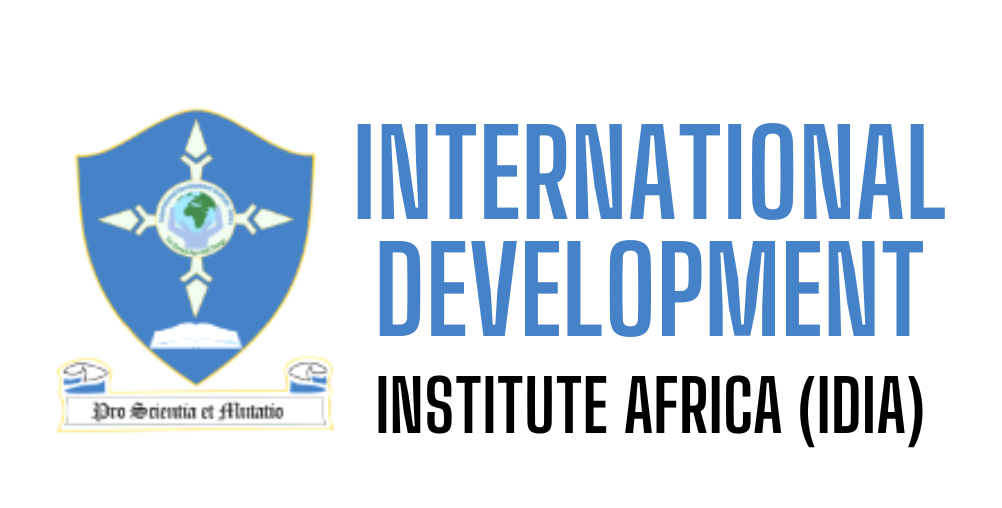DOWNLOAD COURSE DETAILS
DIPLOMA IN PUBLIC HEALTH
A Diploma in Public Health is a comprehensive program that prepares students to address health issues at the population level. This course covers essential subjects such as epidemiology, biostatistics, environmental health, health policy, and social aspects of public health. Students gain practical skills in disease prevention, health promotion, and research methods while studying global health challenges. The program often includes hands-on experiences through field work or internships, equipping graduates with the knowledge and skills needed for careers in public health agencies, NGOs, or government organizations. This diploma serves as a foundation for those aiming to improve community health outcomes and can lead to roles such as health educator, program coordinator, or public health officer.
A Diploma in Public Health is a comprehensive program designed to equip students with the knowledge and skills needed to address health issues at a population level. Here’s an overview of what a prospective student can expect from this course:
1.Core subjects:
- Epidemiology
- Biostatistics
- Environmental health
- Health policy and management
- Social and behavioral sciences in public health
2.Key areas of study:
- Disease prevention and control
- Health promotion and education
- Research methods in public health
- Global health issues
- Public health nutrition
- Occupational health and safety
3.Practical components:
- Field work or internships with public health agencies
- Case studies and real-world problem-solving exercises
- Data analysis and interpretation projects
4.Career prospects:
- Public health officer
- Health educator
- Research assistant
- Program coordinator in NGOs or government agencies
- Community health worker
5.Skills developed:
- Data analysis and interpretation
- Health program planning and evaluation
- Communication and advocacy
- Critical thinking and problem-solving
- Understanding of health systems and policies
This diploma provides a solid foundation for those interested in improving community health outcomes and can serve as a stepping stone to more advanced degrees in public health.
Course requirements
- The minimum requirement for admission for Diploma in Public Health and Community Practice is a C in KSCE or its equivalent with a minimum pass C in English or Kiswahili and minimum passes C in Biology and Mathematics respectively and minimum passes of C- in any of the following: Chemistry, Physics or Physical science and Building construction/Technical drawing.; or
- A certificate in Environmental Health, Public Health, Community Health or Social Work and Community Development or any other relevant field of study from a recognized Institution.
- MODULE 1: GOAL ANALYSIS, COMMUNICATION AND INFORMATION TECHNOLOGY
- MODULE 2: CONCEPTS AND GLOBAL TRENDS IN HEALTH AND DEVELOPMENT
- MODULE 3: APPLIED SCIENCES
- MODULE 4: FUNDAMENTALS OF PUBLIC AND ENVIRONMENTAL HEALTH
- MODULE 5: COMMUNITY HEALTH AND DEVELOPMENT
- MODULE 6: BEHAVIOURAL SCIENCES
- MODULE 7: DISEASE PREVENTION AND CONTROL
- MODULE 8: PRINCIPLES OF MANAGEMENT AND ENTREPRENUERSHIP
- MODULE 9: HEALTH SYSTEM AND SERVICES MANAGEMENT
- MODULE 10: ENVIRONMENTAL HEALTH ENGINEERING
- MODULE 11: BUILT ENVIRONMENT AND PLANNING
- MODULE 12: FOOD SAFETY AND QUALITY CONTROL AND SECURITY
- MODULE 13: ENVIRONMENT, HEALTH AND DEVELOPMENT
- MODULE 14: APPLIED RESEARCH METHOD
- MODULE 15: LEARNING THROUGH SERVICE (LTS) PROJECT
- MODULE 16: RESEARCH PROJECT
IDIA’S Public Health Course structure
